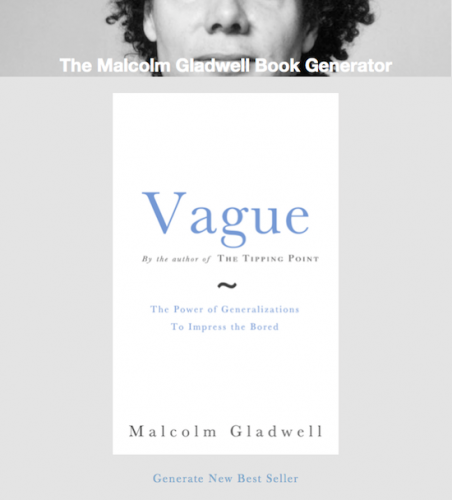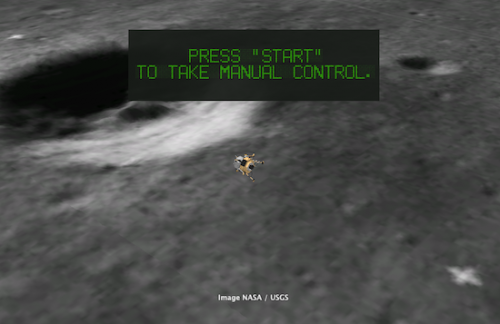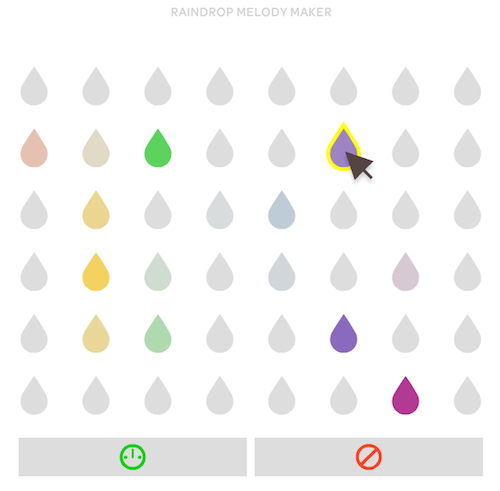
Malcolm Gladwell, The New Yorker‘s bestselling pop-sociologist, is a phenomenon. Using anecdotal evidence to jump to sweeping generalizations he is able to produce a continuous row of bestsellers.
- The Tipping Point: How Little Things Can Make a Big Difference (2000): Gladwell received a US$1.5 million advance for The Tipping Point, which sold 1.7 million copies by 2006.
- Blink: The Power of Thinking Without Thinking (2005): Popular science on the adaptive unconscious; mental processes that work rapidly and automatically from relatively little information.
- Outliers: The Story of Success (2008): Could be described as a form of autobiography, as Gladwell mixes in elements from his own life.
- What the Dog Saw: And Other Adventures (2009): A compilation of 19 articles by Malcolm Gladwell that were originally published in The New Yorker
Cory Bortnicker and Brett Molé had enough of waiting any longer for the next title to come out and produced a Malcolm Gladwell Book Generator adding more and more shallow best sellers to the list. One by one, click by click, give it a try. It’s hilarious!




